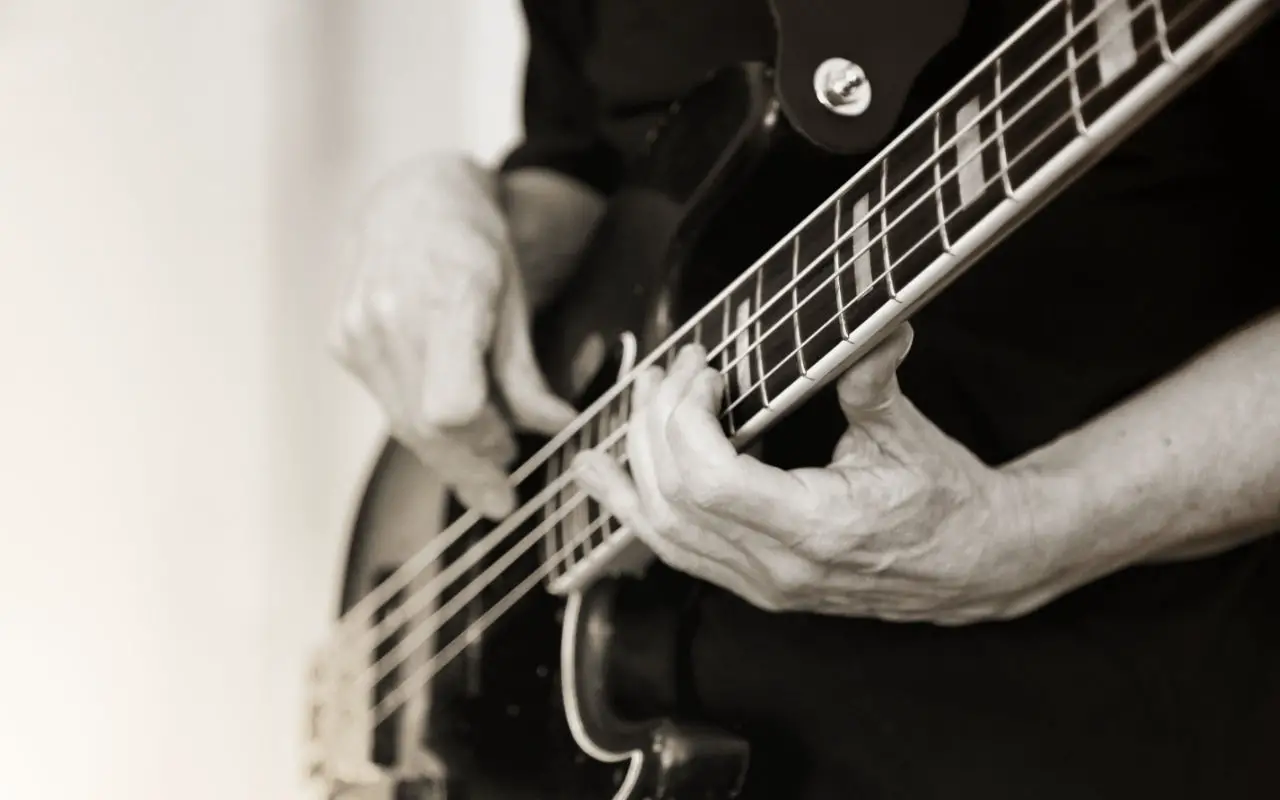In the bass community, we often hear the phrase “less is more.” This annoys some people to no end; they reason that less is less and more is more.
Of course, they’re missing the point, which is why I propose the “less is better” substitute.
In most cases when it comes to bass playing, less is better. I say most cases because there are times when you do need a little bit more in the bass line, but for most situations, the less is better policy works very well.
I remember when I first started playing bass I wanted to play lots of notes really fast, which I think is pretty normal for many beginning bassists. Playing and practicing by myself, this often worked out well, being that I didn’t have to play with other instruments or someone singing. The bass was taking all the sonic space and melody, so the more notes the better it sounded.
When I started playing with other people, first just with my friend on guitar, then with an actual band, I quickly noticed that those same busy, complex bass lines just didn’t work as well anymore. What used to sound cool and melodic now sounded cluttered and messy.
I gradually started to pare down my bass lines to the essential notes and started to learn the hard way how to use space to make a bass line work. At times it seemed like the fewer notes I played the better the line worked with the rest of the band.
Of course, there were other times when the bass was too minimal and I needed to add some notes to spice things up a bit, but I would say 90% of the time, less was better.
Good Advice
I read an article years ago about a bass player who was also a producer, I can’t remember his name (may have been Bill Laswell), and they asked him if he had any advice he would give to an up and coming bass player about developing bass lines. He said he would tell them to think of the simplest line they could play and then play half of that.
When I first read that, I thought he was joking. But that was before I started playing and recording with others. I soon learned that those words were no joke and actually very good advice. It’s always easier to add to a line that’s too sparse than to try and strip one down later that’s too busy.
I started to realize that the foundation of a bass line is what’s most important and everything else is just fluff if it doesn’t serve a purpose…if it doesn’t drive the song.
These days, I’m all about simplicity and minimizing my notes. I know there are plenty of bassists out there who disagree. They play tons of notes and sound great soloing and just generally shred, and hey…more power to them.
But even listening to other bass players I find myself respecting the ones who keep it simple and play economically, which is a lot harder to do than you might think.
For me, it’s all about space now, it’s all about laying down the best bass line with the fewest notes I can. The way I see it, the fewer the notes, the more those notes matter…the more weight they carry. Of course, this also makes every bum note you hit even worse, which means you have to be more aware of what you’re playing. In my opinion, this will make you a better bass player.
The bottom line is that I think every bass player should strive to come up with the most economical bass line they can, even if that means the line is still busy, it should be as compact as possible. It will simply work better with the rest of the band and sound cleaner in the mix.

